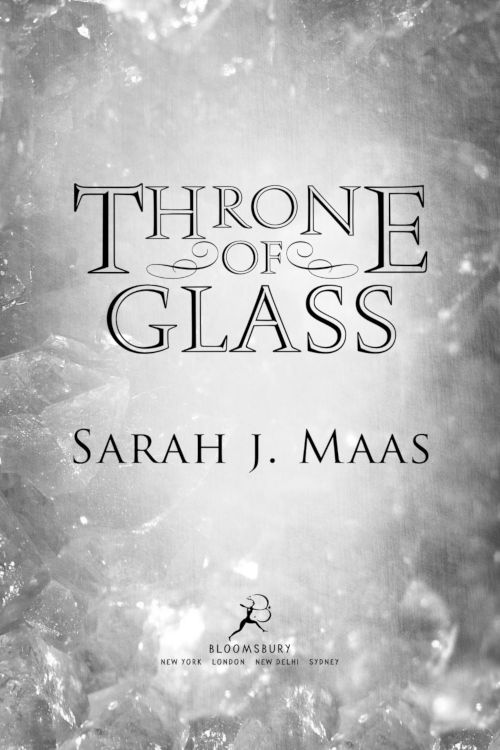Throne of Glass
Author: Sarah J. Maas

Spice Level: 


Release Year: 2012
There’s a particular kind of obsession that creeps in around the fourth book of the Throne of Glass series, the sort that makes you forget about the outside world for days at a time. You start off thinking you’re in for a fairly standard YA fantasy ride, but by the time you’re deep into the later volumes, you realize you’ve been utterly ensnared by Maas’s relentless plotting, her ever-expanding cast, and the sheer audacity of her worldbuilding. The pacing is a slow burn—sometimes maddeningly so—but that’s part of the charm. The series takes its time, letting you stew in the characters’ angst, victories, and heartbreaks, and when the payoffs come, they’re all the sweeter for it. I found myself alternately frustrated and enthralled, but never bored. It’s the kind of epic that rewards patience and punishes skimming; every minor character, every offhand remark, seems to matter by the end.
You, too, will likely notice how the series matures as it progresses. The first few books are undeniably YA, with a focus on action, friendship, and a romance that simmers but never quite boils over. But Maas is a master of the long game. By book five—Empire of Storms—the infamous “spice factor” finally kicks up a notch. Up until then, I’d rate the series a 2.4 on the spice scale: mostly longing glances, a fair bit of tension, but nothing that’ll make you blush in public. When things finally heat up, it feels earned, and not just shoehorned in for shock value. There’s a palpable sense of growth, both in the characters and in Maas’s willingness to push boundaries. It’s a slow evolution, but one that feels organic, and it’s a big reason why I kept coming back for more.
What really cements Throne of Glass as my #7 all-time romantasy is the emotional investment it demands. Maas is one of the only authors to have two books in my top ten, and there’s a reason for it. Her ability to make you care—truly care—about her characters is nearly unrivaled in the genre. Sure, some of the tropes are familiar, and yes, the prose isn’t always the most elegant, but the sheer momentum of the story and the depth of the relationships more than make up for it. I found myself loving and hating characters with equal intensity, and my allegiances shifted more than once. The series is addictive, sometimes to the point of frustration, but that’s the hallmark of a great saga: you’re never quite ready to let go, even when you’re desperate for answers.
There are flaws, of course. The pacing can be glacial, especially in the middle books, and Maas doesn’t always stick the landing when it comes to diversity or avoiding cliché. But despite these issues, the series remains compulsively readable. It’s not the height of literary achievement, but it doesn’t need to be. It’s a sprawling, messy, gloriously entertaining fantasy epic that knows exactly what it is. If you want a series that will make you scream, swoon, and occasionally throw your book across the room, Throne of Glass delivers. And when you finally reach that last page, you’ll understand why Maas has become a genre titan—and why, for all its imperfections, this series sits comfortably at #7 on my romantasy list.
Back to List